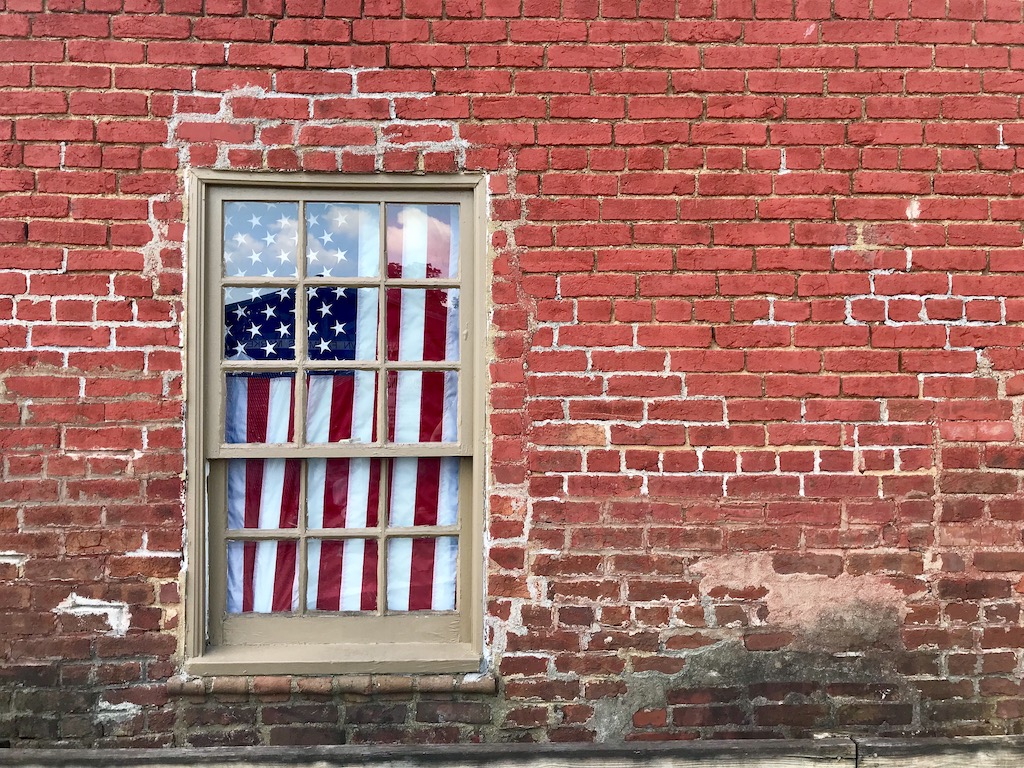Below are our most popular posts of 2011. Thank you for contributing to the discussion at Values and Capitalism this past year. Happy New Year!
10. The Most Meaningless Man in the World
9. Occupy Wall Street: Right Anger, Wrong Direction, Wesley Gant
Occupy Wall Street is an enemy of its own cause. For almost two years the Tea Party movement has voiced its anger, and now a counter-movement is providing balance to a dialogue that is badly needed in America. Corruption and dysfunction in both markets and politics have caused us to reflect on our values and social institutions.8. The Myth of the Underclass, Wesley Gant
It makes sense that if we are to talk about how to improve the economic conditions of America’s poor, we must understand two things at the outset: who are the poor, and what is their condition? No policy can be effective if the premises on which it is based are faulty. As it happens, those who demand and develop anti-poverty programs are often guided by exaggerated and sometimes deleterious assumptions.7. A Christmas Carol: A Capitalist Story, Jacqueline Otto
Charles Dickens is well known as one of the most prolific and influential authors of the Victorian period. His works often communicated the deep sense of justice that burdened Dickens. He spent his life bringing attention to the social stratification of Victorian English society and the poverty and destitution that plagued those at the bottom.6. Conservatism and Occupy Wall Street, Eric Teetsel
Jonah Goldberg thinks I’m wrong. It’s self-aggrandizing to describe Jonah Goldberg as a “colleague” because, well, he’s Jonah Goldberg and I share an office with three bookshelves filled with GAO reports from the mid-90s. For me, this friendly rebuke is like a slap from George Patton or a spank from Alyssa Milano. Yeah, it smarts a bit, but it’s totally worth it.5. My Five Favorite Economics Books, Isaac Morehouse
My economic reading list includes nothing of what people call economics today. Between the five books listed I don’t believe there is a single chart or graph. There is no talk of determining someone’s utility function, no calculus, and none of the stuff that most people associate with the discipline. That is because I think most of that stuff is bogus and has nothing to do with understanding how the economy works.4. Economic Freedom in America, Elise Amyx
A country’s economic freedom might be the secret to a prospering economy. According to The Heritage Foundation, “In economically free societies, governments allow labor, capital and goods to move freely, and refrain from coercion or constraint of liberty beyond the extent necessary to protect and maintain liberty itself.”3. Brooks-Wallis Debate: Is Capitalism Moral?
On November 9, Arthur Brooks of the American Enterprise Institute and Jim Wallis of Sojourners discussed the morality of capitalism and the economic systems they believe best help those in need. Peter Greer of HOPE International moderated the debate, which was hosted by Messiah College.2. The Government and Hollow Men, Jacqueline Otto
The capstone project for my humanities minor in college was a study on dystopian themes in western culture post World War II. So when AEI visiting fellow Jonah Goldberg alluded to both Aldous Huxley’s Brave New World and C. S. Lewis’ The Abolition of Man, I had an embarrassing squealing fan-girl moment. As no one else in the audience had a similar reaction, I turned to twitter. Mr. Goldberg tweeted back, expressing his desire to have better communicated the idea.1. Occupiers and Values Voters: What I Learned in 36 Hours, Eric Teetsel
On October 7, I traveled to New York City to interview the “occupiers” protesting in Zuccotti Park. The next day, I attended the Values Voter Summit, the annual gathering of social conservatives hosted by the Family Research Council.



